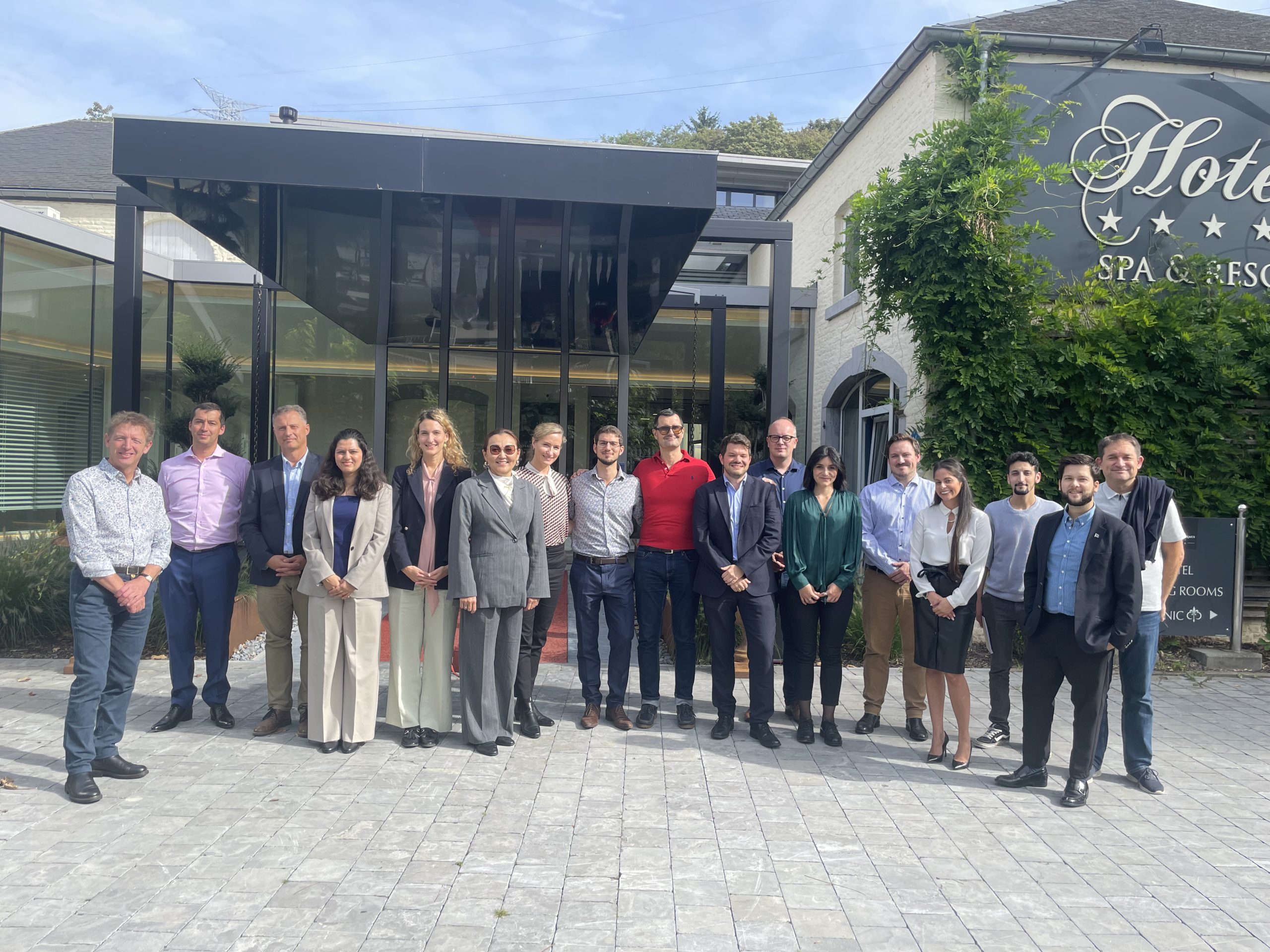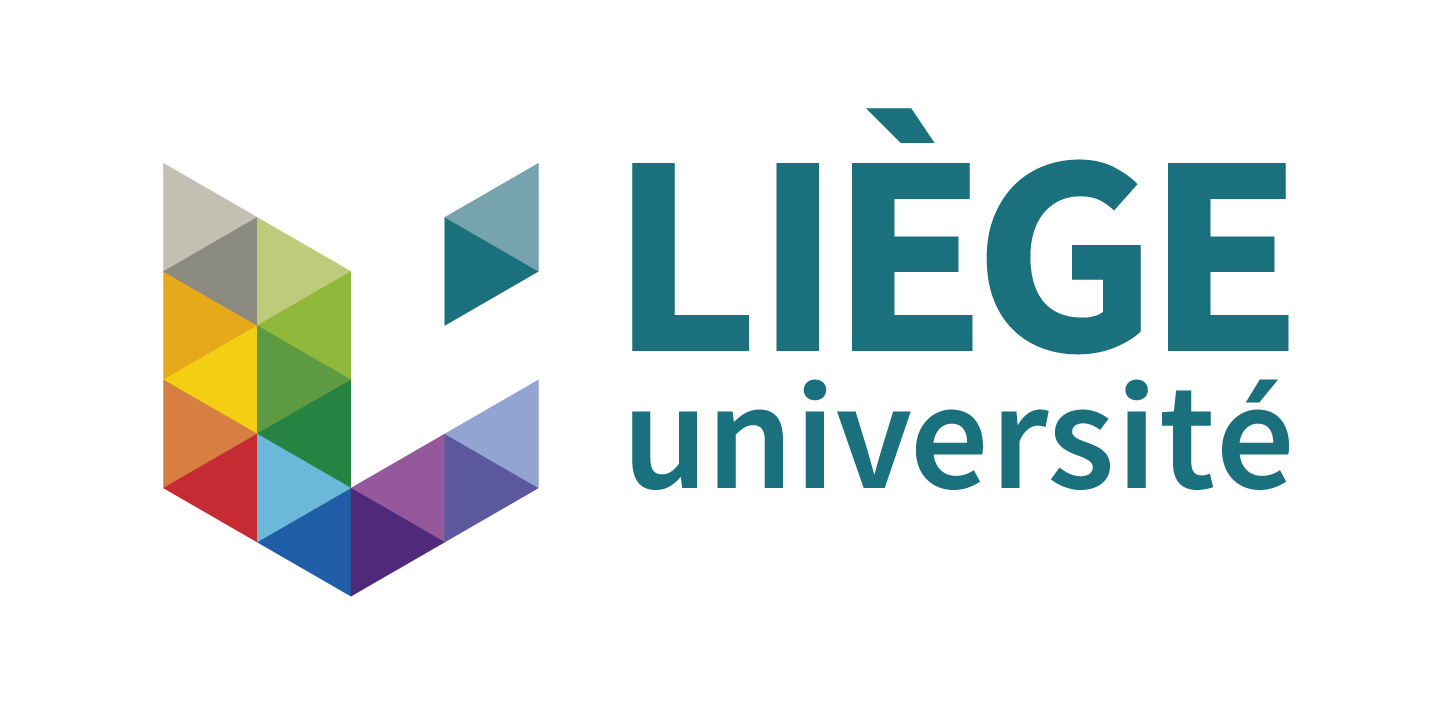XIII Meeting of the Chaudfontaine Group
The XIII Meeting of the Chaudfontaine Group was held from 1 to 3 October 2023 to explore the possible consequences of the ongoing geopolitical transformations and fragmentation on the future of multilateral export control regimes (MECRs), which could be useful for a new configuration of strategic trade control regimes.
Objectives
The objective of this workshop was to explore potential future scenarios of strategic trade control regimes and to provide reasoned pros and cons for each scenario.
Methodology
The participants had to classify the proposed scenarios into four categories and provide justifications for their classification, as well as the pros and cons arguments for each of the scenarios. The categories were as follows:
- The less likely to happen.
- The most likely to happen.
- The least desirable to ensure the effectiveness of the non-proliferation objective of MECRs.
- The most desirable to ensure the effectiveness of the non-proliferation objective of MECRs.
The meeting was organized into working sessions dedicated to the four categories mentioned above. During these sessions, participants discussed the pros and cons arguments.
The main topic
The XIII edition of the Chaudfontaine Group Seminar started with an opening address by Pr. Dr. Quentin Michel (ESU, University of Liège, BE). During his speech, he explained the purpose of the meeting and provided details on the workshop’s format and structure.
The potential scenarios for future strategic trade control regimes that were discussed include:
- A series of miniature strategic trade control regimes.
- A new alternative strategic trade control regime excluding countries that are noncompliant with the UN Charter.
- A duplicate of the existing trade control regime(s) open only to countries respecting some conditions/values that would be defined in the founding.
- Amending the decision-making process in the existing regimes, abolishing the consensus rule
- Status quo.
- Other scenarios proposed by participants.
Work sessions
1st session: The less likely to happen
During this session, each group presented their chosen scenario, emphasizing why they believed it to be less likely to occur. Key points of discussion included the criteria for determining a country’s compliance with the UN Charter (in relation to the second scenario), the potential effectiveness of the scope, and concerns regarding the diminishing role of multilateralism within the geopolitical landscape and the possibility of weakening existing regimes by duplicating or replacing them. Additionally, participants highlighted the difficulties of changing established decision-making procedures (consensus vs majority voting), both in terms of contemporary practices and historical precedents.
2nd session: The most likely to happen
Participants concurred that the first, fourth and fifth scenarios hold the highest likelihood of occurrence. Alternative scenarios, including miniature strategic trade control regimes were also brought into the discussion. The first scenario was favoured due to its ease of implementation, while concerns were raised regarding the management of many different lists of technology items by customs authorities which may be counterproductive.
3rd session: The least desirable to ensure the effectiveness of the non-proliferation objective
The choice of the least desirable scenario to ensure effectiveness was marked by fragmentation. The primary focus of the discussion was about the potential necessity of a politically and legally binding mechanism that encompasses all relevant countries and imposes sanctions on violators. However, questions emerged concerning the implementation of such a mechanism, particularly in light of the target country’s power dynamics and alliances.
4th session: The most desirable to ensure the effectiveness of the non-proliferation objective
The focus of the session tied into the ongoing discussion about the 5th scenario, the status quo. Participants engaged in an extensive debate regarding the status quo, particularly its meaning. They highlighted that maintaining the status quo might delay conflicts without necessarily overcoming underlying issues. Conversely, they acknowledged that regimes can naturally evolve as the new challenges are identified. Ultimately, participants provided a comprehensive exploration of the challenges and prospects associated with preserving the status quo as a potential future scenario of strategic trade control regimes.
Forthcoming publication
The outcomes will be published in the coming months and made available on the ESU website.



No responses yet